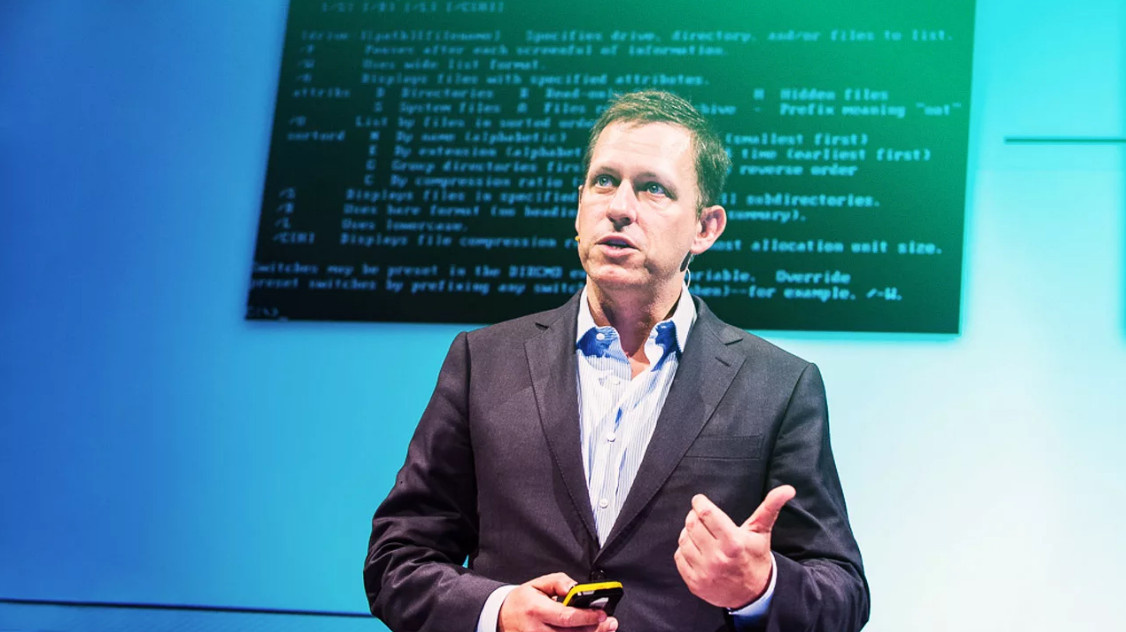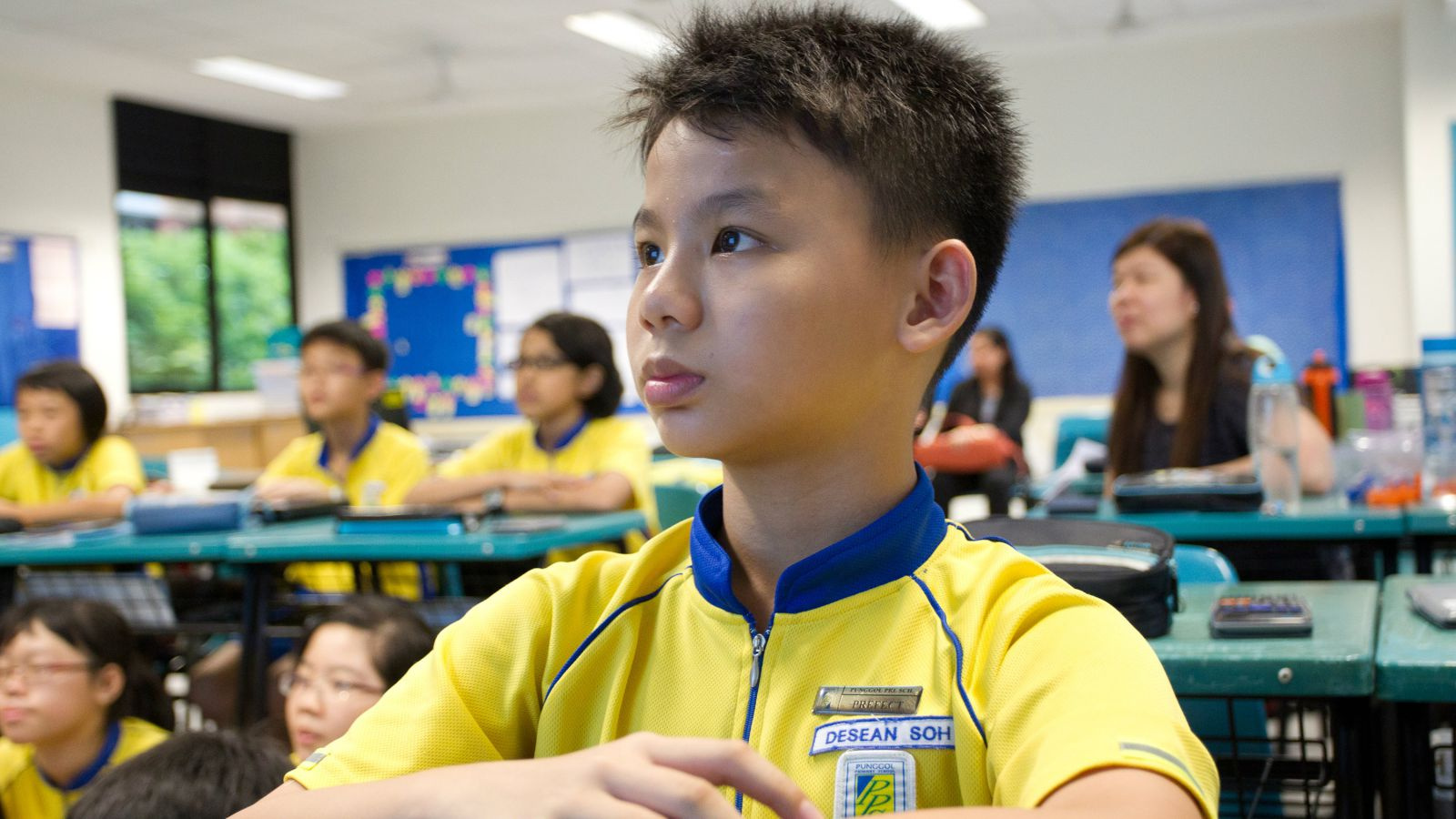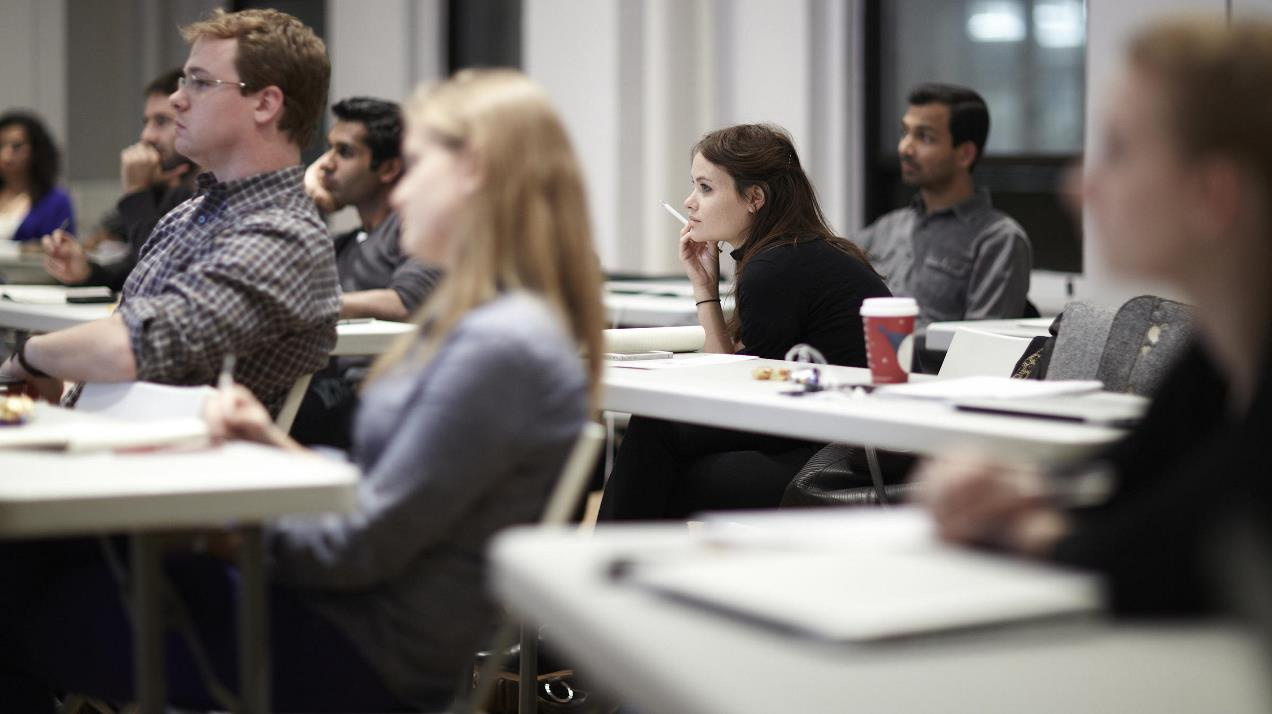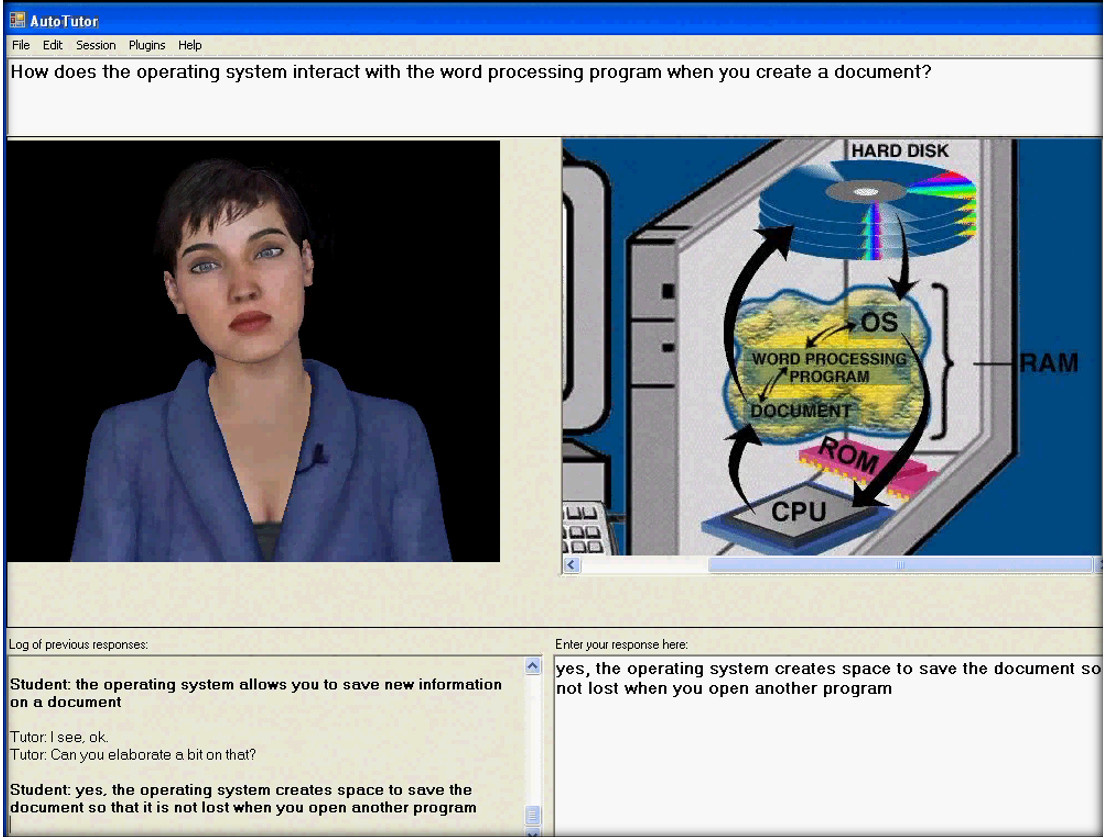Online education of the present and the future

A significant gap between reality and the educational process (especially in what is called higher education) began to manifest itself with the development of IT.
On the other hand, the employers themselves began to look more at the real experience of people. Having a good diploma can no longer be considered a guaranteed “admission ticket” to a lucrative position. The trend is fueled by the success stories of startups and billionaires who have dropped out for business.
Over the past twenty years, education has already experienced one revolution, making the transition to online. However, changes are only gaining momentum. In the next ten years, the educational system will adapt to the demands of the new generation. How this happens can be traced right now, studying the most ambitious educational projects.
The crisis of the modern education system

Education is expensive. It is expensive in Russia, but in the United States a graduate goes to conquer the world with a debt of tens of thousands of dollars. With such a loan at heart, it is difficult to make a choice in favor of a promising start-up or start your own business. It is impossible to make a choice in favor of high-risk projects, so the construction of a career begins at the bottom level.
The crisis of confidence in the education system is caused by the fact that the money invested in school stopped fighting back. The holder of the diploma, ultimately, occupies the wrong position, which he expected. The employer does not need an employee with a higher academic degree - he needs qualified personnel with experience.
Knowledge, which is given in universities, is called theoretical because it can not be considered relevant at the time of graduation. It also happens that new features in professions appear, flourish and die even faster than being trained at the university. For hundreds of years, education has not changed - the teacher went to the blackboard, the student listened and wrote down the material.
Programmers know this better than anyone else: education is what you have to invest in yourself. In addition, along with knowledge of the profession, you need to be able to do what many people don’t even think about: work under pressure, keep deadlines, improvise in difficult situations, search and process big data, develop skills of critical and abstract thinking.
The university often does not have a suitable technical base, does not focus on promising professions , does not provide any knowledge on new areas of activity. The students themselves do not always know what exactly they want from their future profession (and whether they want it at all), learn by inertia after school and do not have an idea of what awaits them in real work.
Stop studying for money?

Peter Thiel (founder of PayPal and Palantir, Facebook’s first investor) is an experienced, and in many ways even an outstanding businessman. For several years now he has been in charge of the project for the distribution of grants for the development of promising ideas. Each grant size of 100 thousand. Dollars. People up to the age of 23 can apply for it, but there is one immutable rule - the winner must leave the educational institution where he currently studies.
The opinion of the businessman is unequivocal: higher education is overvalued. If a person wants to do something, something useful, except for studying, he does not need to spend time on a prestigious university and take study loans.
The first payment of the fund Till made in 2010. In 2016, 6,000 applications were submitted for its grants, but the money was given out only for the most interesting projects. You can't just come from the street: you should have a formed business idea (better with a business plan).
School with the most difficult tasks

In 2013, the school of coding "42" for novice developers opened in Paris. A few years later, the branch appeared in California, but conceptually similar projects are developing in many countries around the world. The school, as befits an elite educational institution, provides housing, equipment for classes and a curriculum based on the implementation of team projects. There are no teachers in the school. Instead, it gives real combat experience in difficult conditions.
The educational process looks amusing: students receive assignments via the Internet, find answers on the Internet, work together on IT projects together or alone. The school is open around the clock and every day, there is no class schedule, and students can come and go at any time.
Nearly three thousand students have only two dozen employees who perform only administrative functions. The main task of the administration is not to interfere with joint student practice.
To get to school you need to pass a hard selection with a competition, at the first stage of which you must pass an IQ test. Gained the maximum score are invited for testing, which lasts a month. Daily applicants are given complex tasks that require quick solutions. According to reviews of those who passed the test, at this stage we have to work 100 hours a week . Such a program forces the brain to function at its limits.
In the end, after successfully completing all the tasks, the applicant will be offered a full course of study for a period of 3 to 5 years. But the following years will not be called easy: if in the process of studying you do not complete the tasks at 100%, then the student will be expelled. At school 42, they are strictly guided by the principle that “the abyss cannot be jumped by 98%”.
At the end of the first year of study, students can combine their studies with paid internship. After such a baptism of fire, IT companies willingly hire graduates to work, although almost half of the students did not even graduate from high school. Apparently, it was not for nothing that the coding school 42 was recognized as the best technological institution according to the online platform for CodinGame programmers.
The school that will take the salary

Make School is an American programming school of a new generation, in which there are no grades and tests. Two years of tuition are free, but only until the student gets a job: then he is obliged to pay 25% of school salary for two years. Make School is motivated to give such an education to the student so that he is guaranteed to find a well-paying job.
The structure of the school completely excludes getting into credit bondage. The apprentice will pay in the future. Or will not pay, if in the end he does not find a job - then he will not owe the school and will not become bankrupt.
At the moment, only 50 students who have at least basic knowledge of object-oriented programming enter the school annually.
The school, which always have to be wrong

For several years now , Manu Kapur, head of the Laboratory for the Study of Educational Processes at the National Institute of Education in Singapore, has been using an unusual educational technique, which he himself calls “productive failure”. The method violates the usual sequence of lectures and practical exercises. Pupils, instead of explaining, are first offered to solve an example or equation on their own.
Kapoor believes that people learn better from their mistakes. Pupils first decide (most often unsuccessfully), and then get an explanation of how to act correctly. Kapur notes that schoolchildren and / or students learn not just to solve an equation using a pattern, but to activate brain regions responsible for working with non-trivial tasks of everyday life. Overcoming every obstacle is really a feat, the experience of interaction with which is long remembered.
This approach helps to get rid of stereotyped thinking, when in the process of learning we easily remember the solution, and after some time completely forget about it.
School prepares to work

General Assembly teaches the basic foundation of a new world - the course of the digital economy. Paying 8-10 thousand pounds for 10−12-week program, students receive a course based on interviews with employers about the real requirements for the necessary skills of applicants.
Students receive assistance in preparing presentations and interviews - here everything is sharpened to work only with the real world. As a result, 99% of graduates get jobs after courses. Companies can also hire students in the course of their studies, having familiarized themselves with their projects.
Teaching without a teacher

AutoTutor and affective autotutor: Learning by talking with cognitively and emotionally intelligent computers that talk back
In the wake of the growing interest in promising educational methods, many began to think: what if the school does not need a person who is engaged in self-education? For many years I had to teach myself in difficult conditions. If you do not take into account brilliant people who are able to sort out any human knowledge through one library, the path to acquiring skills in any profession is difficult, and it cannot do without a teacher.
Today it is obvious that in the near future, artificial intelligence will not only be able to evaluate tests, but also prepare tasks itself, analyzing the level of training of students. Right now, automated tutoring systems help teachers analyze student responses, give testimonials, look for and correct mistakes, make personalized learning plans.
So, the AutoTutor system teaches the basics of computer security and physics, communicating in natural language. Obviously, the new generation of chat bots, about which we have already spoken, will also find application in the educational plans of the future.
Rosalind , Skiliks , Codecademy programming courses automatically check every decision, give hints and repeated attempts at re-passing.
The Knewton program takes into account the specifics of training of each student and student, and develops for him a personalized training plan.
And yet some robots can not do so far. Where to get a live teacher (and preferably free) for individual lessons? In the digital economy, the Internet has become such a teacher. The world changed when, in 2001, the Massachusetts Institute of Technology began to publish its online courses in open access. Today, there are hundreds, thousands of sources of online knowledge, but your first educational hunger will satisfy several popular (and not only) projects in Russia.
Schools of self-education
Coursera is one of the most famous educational platforms, offering courses from leading universities and organizations in the world. There are many lectures in Russian.
On the Open Education platform, higher education institutions from all over Russia aggregate their programs. Now available 166 courses in different areas of training .
" Arzamas " has collected a huge number of humanitarian lectures.
Lectorium is the largest video archive of academic lectures in Russian. The collection is constantly updated with leading educational institutions of Russia. Access to materials is free. 6200 hours of video.
The Universarium is an open e-education system that collected lectures from leading universities and teachers in Moscow and some other cities.
The lecture hall of the Moscow Institute of Physics and Technology is a project of students, graduate students, graduates and employees of the Fiztekh Institute, aimed at preserving the creative heritage of MIPT lecturers and providing free access to MIPT course materials for users from all over the world.
Khan Academy is a non-profit American project in which there are Russian lectures.
These are just a few general education projects. In the world there are thousands of others in all areas of human activity. Perhaps you know about some other interesting courses - write about them in the comments.
Future of education: synergistic effect

We saw several different experimental approaches that schools use in different parts of the world, got acquainted with online courses and the concept of self-education. Is it possible to build a model of education of the future on the basis of the above?
The educational system will be based on a combination of the best methods from different approaches. In some cases (pre-school education), it has not yet been possible to come up with a decent replacement of offline methods, but this does not mean that the sphere of children's education will not change. Here, as elsewhere, their innovative start-ups will appear.
Now the process of transferring to the online that we have understood for decades. However, the old lectures undergo significant changes. An analyst appears - teachers understand which example works well and which one should be excluded from the program.
The universities themselves do not stand still and try to correspond to progress, including in the education involving game elements. There are experiments on the use of virtual / augmented reality, adapted for distance learning.
Neuroscience programs through brain-computer interfaces will allow the brain to take an educational course on a completely new level. Where does this lead us? Perhaps, to a world where knowledge will simply be “recorded” in the brain, without requiring the student at all any tension.
We have entered the stage of progress, when you need to continuously study all your life, otherwise in areas such as robotics, AI, bioinformatics, it is easy to miss the change of trends. At the same time, universities should solve the main problem of modern education - the antagonism between theoretical and practical knowledge, current knowledge and teaching about how to learn.
And the last. If right now you are choosing a future profession, it is worth checking whether the robot can do your work .
All Articles